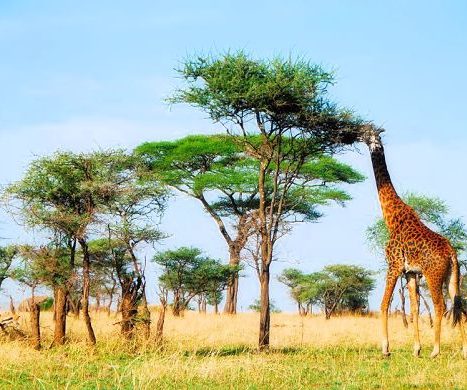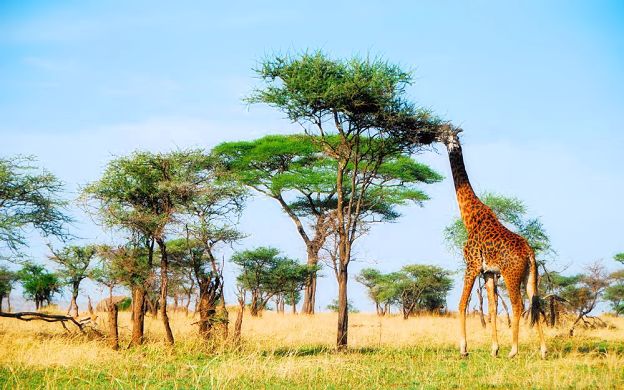
African history and values, a very short article with some quotes explaining the most important and fundamental features of African people and Africa
You can no longer see or identify yourself solely as a member of a tribe, but as a citizen of a nation of one people working toward a common purpose.
Idowu koyenikan
Africans must change their mind and actions. The keys to building your continent depends on your will-power, persistent effort and action towards self liberation.
Lailah Gifty Akita
Wisdom is like a baobab tree; no one individual can embrace it.
Akan Proverb.
A chattering bird builds no nest.
Cameroonian Proverb.
Don’t procrastinate or you will be left in between doing something, having something and being nothing.
Ethiopian Proverb
There is no elephant that complains about the weight of its trunk. No elephant is burdened by the weight of its tusks.
Kenyan Proverb
It is better to be poor when one is young, rather than becoming poor at old age.
Kenyan Proverb
No person is born great; great people become great when others are sleeping.
African Proverb
In the moment of crisis, the wise build bridges and foolish build dams.
Nigerian Proverb
God has created lands with lakes and bountiful rivers for man to live. And the wide deserts so that he can find his soul.
Tuareg Proverb
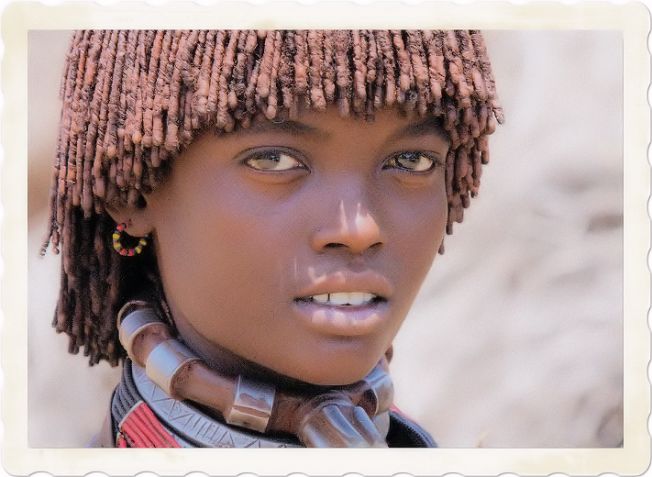
Contrary to general belief, Africa is neither a monolithic nor a monocultural society. There are three mainly Negroid groups – West African, Sudanic and Bantu, scattered all over the huge continent. These main groups are further divided into subgroups. For example, the Yoruba people of southwestern Nigeria, who are the second-largest African tribe (population: about 20 million) are made up of at least 25 subtribes each with distinct customs, traditions and cultural practices. However, there is still a justification for lumping the continent – south of the Sahara – into one entity because of the things they have in common.
The 20th-century African is a child of two worlds: traditional and contemporary. In the traditional society three things stand out:
1. Community spirit. An entire village is like one big family where everybody looks after the interests of everybody else. The society is stratified and age is highly regarded. Elders are respected anywhere and everywhere. When a child misbehaves outside his home, he is a disgrace to his family and can be cautioned or disciplined by any elder.
2. Family values. The traditional society is basically agrarian, and in the past a man needed to have as many wives and children as possible so that he could farm successfully. People measured a man’ s worth by his agricultural skills and success. However, monogamous relationships were not unheard of even then.
3. Spiritual values. Africans are deeply spiritual and their cosmogony is reflected in all aspects of life such as the arts, music, architecture, etc. This is illustrated in African art. In Europe, African art is appreciated in a cultural context, how it is used and its exoticness. However, there are moral and religious aspects (more important to the African), that have been neglected. Art doesn’ t have to be only beautiful, but first and foremost it represents the Good, which helps uphold moral values within the society.
The major subject of artefacts is the human figure, the foundation of the moral and ethical basis of African art. Sculptures and masks have exaggerated human features because they represent spirit beings that don’ t look like humans. For instance, during traditional festivals people put on masks but they are regarded as ‘spirits’ . This is a demonstration of the belief that the spiritual and the physical worlds are two sides of the same coin.
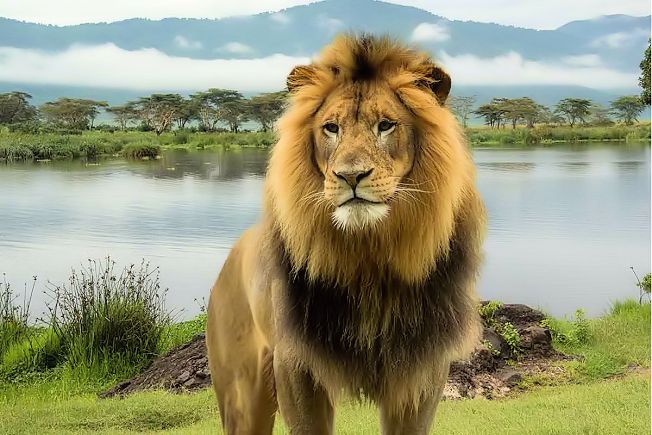
Unfortunately, the traditional is gradually passing away with time, giving way to contemporary African society, which is not all that different from modern Europe. African youths drink Coke, watch MTV, and wear baseball caps and Nike shoes too. It is a materialistic society and the few that have made it enjoy life, sometimes better than average Europeans.
This contrasts sharply with the images presented in the Western world. A lot has been written and documentaries made about the bloody rivalries in Africa. Understanding the past will help us get the present right and prepare us for the future.
Beginning around 1500, European nations conquered, settled and exploited large areas of the world. This is referred to as colonialism. Cheap labour was in high demand on the plantation settlements in the West Indian islands. Slaves were shipped from Africa in large numbers and for nearly three centuries this inhumane trafficking in human cargo continued unabated. Only the strong (mostly men) were sold and by 1870 when the commerce ended, 10 – 12 million people (the strongest class that could have built their countries) had been shipped to the Caribbean states, Brazil, the US and Britain.
British involvement can be traced back to the activities of the Royal Adventurers Trading to Africa later known as the Royal African Company. The initial aim of these colonial adventurers was not the acquisition of fresh territories but the desire to build a strong network of trading posts and maritime bases. To boost economic activities, territorial conquests followed with brutal repression of native populations. Technological growth in Europe provided rifles, machine guns and steamships. A small army of colonial taskmasters could reach the colonies faster, devastate large native armies in no time and return home with large quantities of raw materials and food.
This exploitation continued until the Second World War, from which emerged two new superpowers – the United States and the former Soviet Union. Both preferred to exert their influence indirectly – ideologically, economically and militarily. This led to a weakening of colonialism, which was in line with the new capitalist ideas.
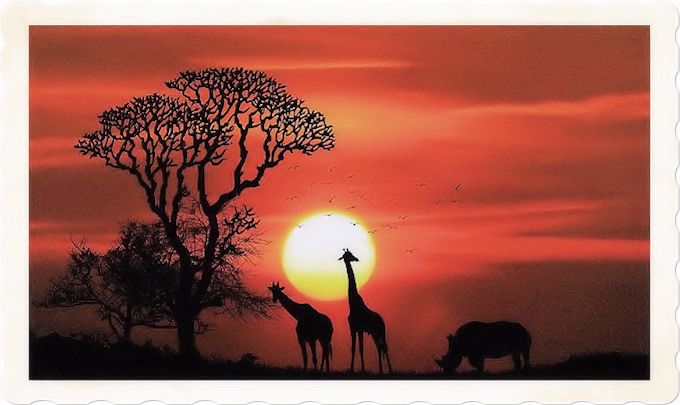
Multinational corporations, the biggest of which were American, wanted to operate in different countries no matter what colonial powers were in control. Also West Europeans were tired of war and were no longer prepared to maintain foreign colonies. In addition, anti-colonial campaigns were getting stronger and frequent pro-independence uprisings were being reported in several countries.
The colonial masters (mostly French and British) operated differently in their respective colonies, but by the beginning of the 1950s they began to prepare for withdrawal from the continent. They needed a new way of continuing to exert their influence, and so neo-colonialism was born. As long as the current economic world order is in place, Africa will never break out of the vicious circle of debt, poverty and suffering.
Walter Rodney, a Guyanese author, wrote a book entitled” How Europe Underdeveloped Africa” . This title summarizes the origin of the continent’ s problems. The colonial masters in their wisdom carved up Africa without regard for ethnic diversity. As a result we have peoples who have nothing in common being forced to become bedfellows.
Let’s look at some statistics. Denmark has a population of over 5 million and 97% of the people are Danish. The Republic of Ireland is a country of nearly 4 million and nearly 96% Irish. Germany, the largest European country, has 80 million inhabitants with over 93% Germans. Kenya’s 30 million people are divided into more than 120 ethno-linguistic groups. Nigeria, the most populous African country, has a population of about 120 million and over 400 ethnic groups. African ethnic groups have different languages, cultures, traditions, etc. There was never any logical basis for bundling these diverse groups into single national entities. The foundation was faulty right from the beginning.
In spite of the foregoing, Africa doesn’t hold a monopoly on ethnic rivalries and tribal bloodletting. The conflicts and ethnic cleansing in the Balkans show that in developed countries people can commit crimes against humanity just like in Rwanda.
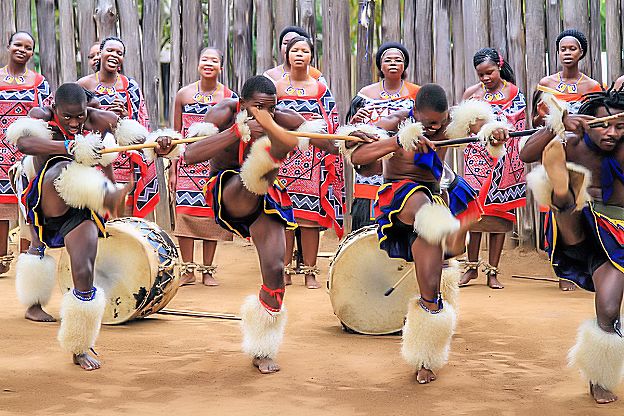
Africa might be referred to as the Dark Continent but it hasn’t only been a tale of woe. African sportsmen and women have proved that the continent can produce world-beaters. Nelson Mandela is one of the world’ s beacons of moral rectitude and fortitude, a true statesman of international repute. Francis Arinze is one of the prominent cardinals in the Vatican and a likely candidate for the papal throne at the next conclave. Wole Soyinka won the Nobel Prize for Literature in 1986.
Sceptics will argue that these are insignificant achievements for over 600 million people. However, they go a long way towards vindicating the American declaration:” All men are created equal”.
Deji Akala
To find out more about Africa you can read the following articles:

